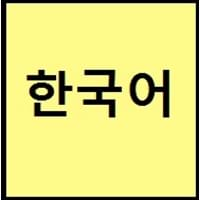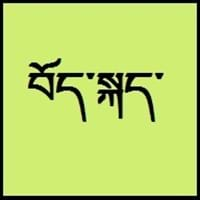Korean vs Tibetan Dialects
Dialects
Dialect 1
Jeju
Central Tibetan
Where They Speak
South Korea
China, India, Nepal
How Many People Speak
10,000.00
99+
1,200,000.00
27
Dialect 2
Gyeongsang
Khams Tibetan
Where They Speak
South Korea
Bhutan, China
How Many People Speak
10,000,000.00
9
1,400,000.00
23
Dialect 3
Hamgyŏng
Amdo Tibetan
Where They Speak
China, North Korea
China
How Many People Speak
Not Available
1,800,000.00
16
Total No. Of Dialects
12
12
6
6
Where they Speak Korean and Tibetan Dialects
Korean vs Tibetan dialects consists information about where they speak Korean and Tibetan dialects.
- Korean Dialects:
- Jeju spoken in: South Korea
- Gyeongsang spoken in: South Korea
- Hamgyŏng spoken in: China, North Korea
- Tibetan Dialects:
- Central Tibetan spoken in: China, India, Nepal
- Khams Tibetan spoken in: Bhutan, China
- Amdo Tibetan spoken in: China
How Many People Speak Korean and Tibetan Dialects
Dialects are the varieties of a language that is distinguished from each other on basis of phonology, grammar, vocabulary, speaking regions and speaking population. Korean vs Tibetan Dialects also tells you about how many people speak Korean and Tibetan Dialects.
- Korean Dialects:
- Jeju speaking population: 10,000.00
- Gyeongsang speaking population: 10,000,000.00
- Hamgyŏng speaking population: Not Available
- Tibetan Dialects:
- Central Tibetan speaking population: 1,200,000.00
- Khams Tibetan speaking population: 1,400,000.00
- Amdo Tibetan speaking population: 1,800,000.00
More on Korean and Tibetan Dialects
Explore more on Korean and Tibetan dialects to understand them. The Korean vs Tibetan dialects include one ‘written’ form and several ‘spoken’ forms. Some language dialects vary most in their phonology, and lesser in vocabulary and pattern. Some languages have dialects while some don't have.





